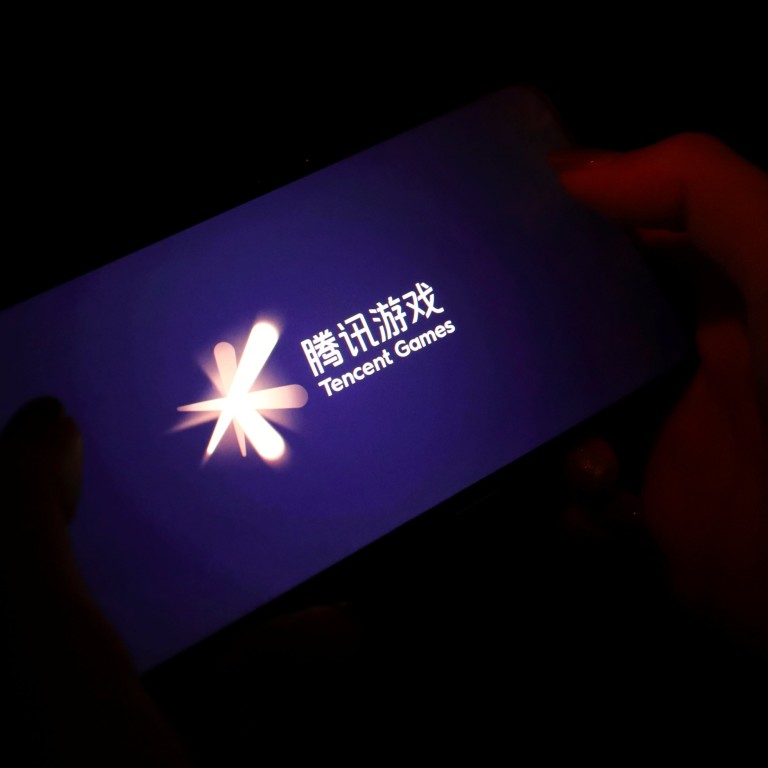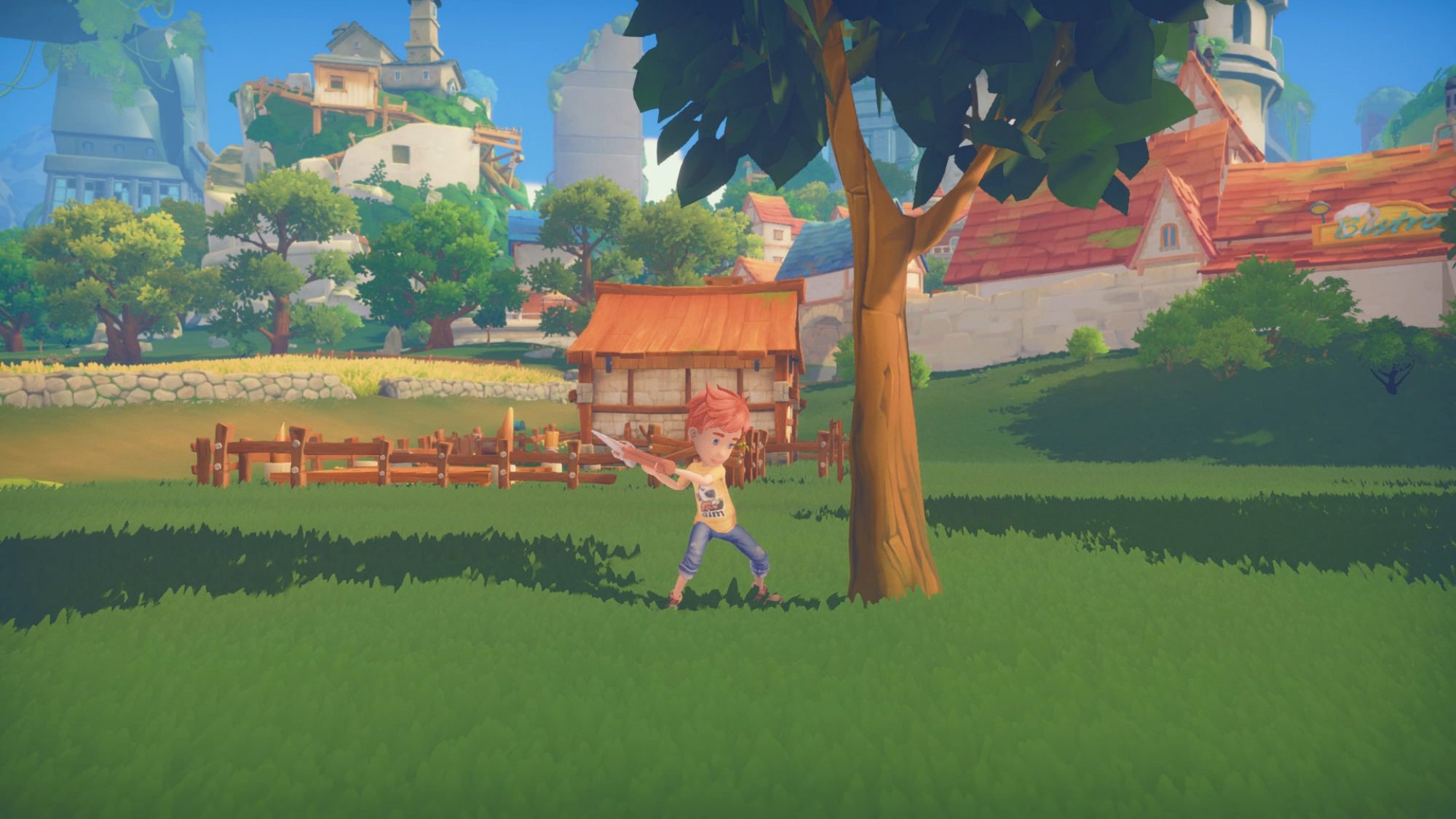
Tencent and NetEase video game drought continues as China approves another 69 titles, mostly from small developers
- The National Press and Publication Administration has approved 241 video game titles for sale in China this year, far behind previous years
- Tencent and NetEase have not had new titles approved in more than a year and have relied on unpublished games approved before the licensing freeze
The latest list from the National Press and Publication Administration (NPPA), China’s top watchdog for video games and other online media, includes 65 mobile titles, with two others for the Nintendo Switch, one for personal computers and one browser-based game. Without any new titles approved in over a year, the two largest developers in China’s US$49 billion video gaming market have been left out of the gradual recovery since the end of an eight-month licensing freeze in April.
The continued drought in August marks 14 months since Tencent last had a new game approved and 13 months for NetEase. With the exception of two prolonged suspensions in 2018 and 2021, the NPPA typically releases a list of new game approvals every month.
China’s regulators skip Tencent, NetEase in clearing 60 games titles
Tencent’s shares have slumped 37.4 per cent in Hong Kong since the end of last July, when the last list was released before the licensing freeze. NetEase’s shares have fallen about 10 per cent in the same period.
That brings Tencent and NetEase closer to using up the last of their licensed unpublished games. In 2021, Tencent obtained licences for publishing or operating nine games in China, six of which have yet to be released. NetEase received 11 licences last year, with only three left to be released.
The latest list of approvals is another slight uptick in the number of titles. July’s list contained 67 games approved for sale in the country, after 60 were approved in June and 45 in April.
At 241 titles approved so far this year, the video gaming market is facing a slow recovery. In the first seven months of 2021, the NPPA approved 679 titles. That was down from 744 in the same period in 2020 and 872 in 2019. Total approvals for those years reached 1,308 and 1,365, respectively.
Mobile, which accounts for more than 70 per cent of total gross sales in China’s gaming industry, remains the most popular platform, and hence makes up most of the approved titles. Nintendo Switch, which Tencent distributes in China, was the only console with titles to receive new approvals this month.

Shanghai-listed G-bits Network Technology received licences for Supercat and Flood of Light on smartphone and Nintendo Switch, respectively. Shares of the company, which has received approval for five titles this year, have gained 1.1 per cent since April, after slumping 12.8 per cent since the end of last July.
“It can be regarded as encouragement for small and medium-sized enterprises to be able to make their way,” said Thomas Fan, an expert at research institute LeadLeo. “It is really difficult for small and medium-sized studios to fight for resources along with the giants. Sometimes they make their way through creative ideas, but could be later caught up by the big companies.”
Fan added that it is “almost impossible” for the number of monthly licences to recover to the amount prior to the suspension, given the overall harsh regulatory environment.

